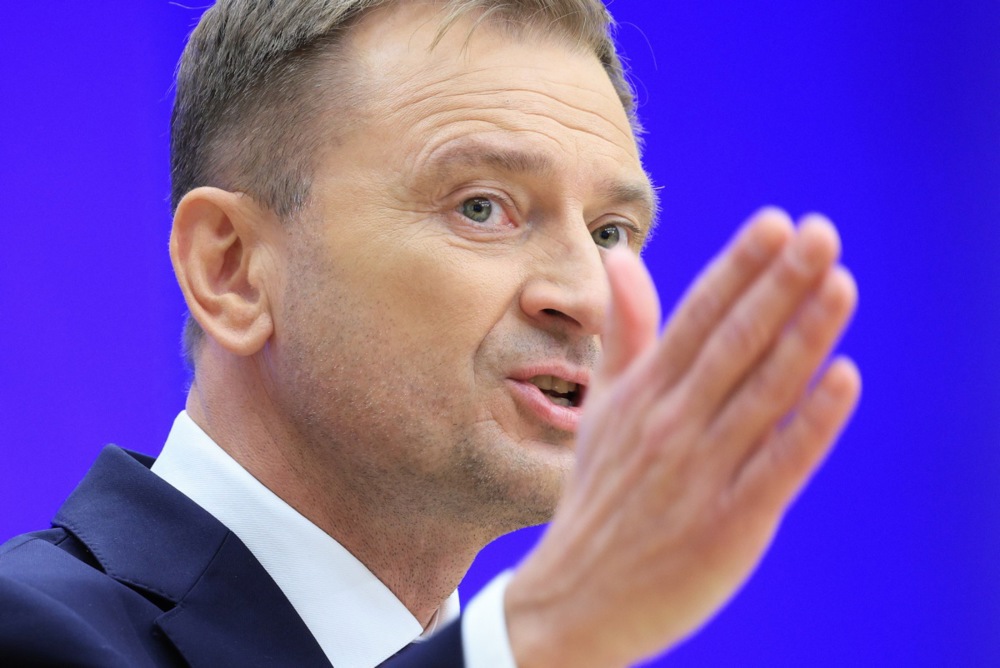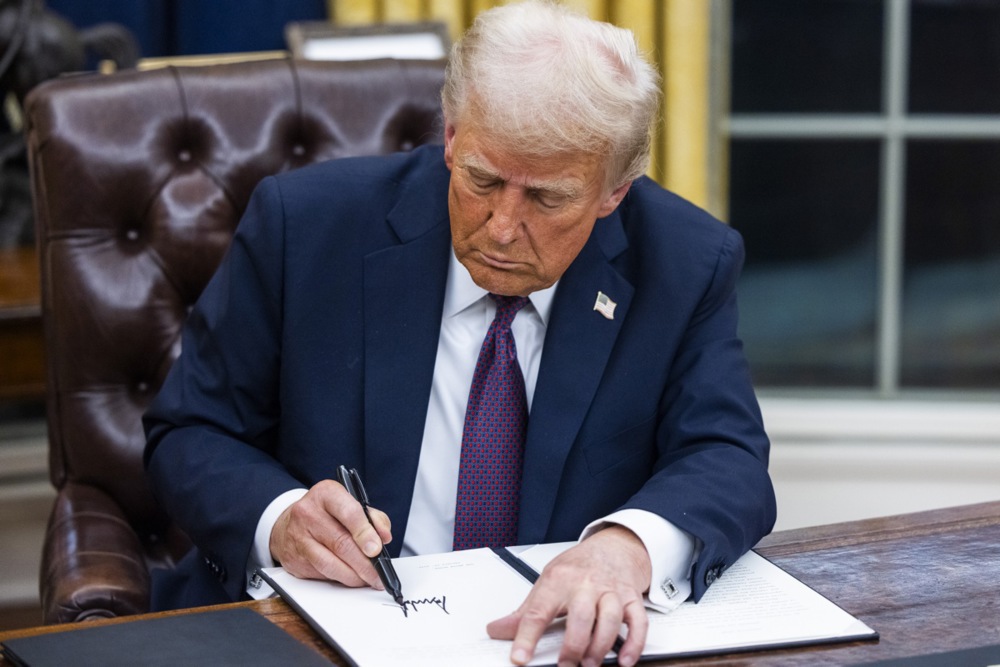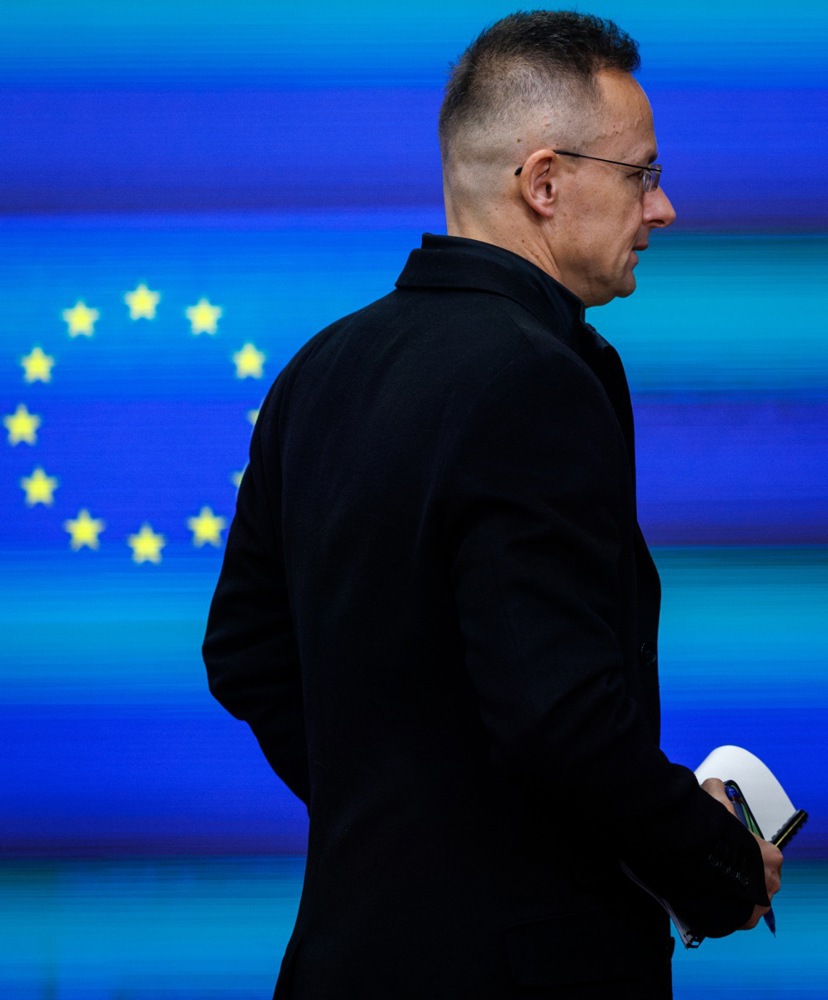Polish Prime Minister Donald Tusk has drafted in billionaire countryman Rafał Brzoska to head a task force to deregulate the economy as part of the government’s attempt to reboot economic policy.
Tusk has asked entrepreneurs led by Brzoska to come up with a set of recommendations on how to cut bureaucracy as quickly as possible.
Brzoska is the owner of postal services company InPost, which has in recent years expanded its operations to the UK and some European Union countries.
On February 10, the PM and his finance minister Andrzej Domański outlined their deregulation plans as part of a broader economic vision during a conference titled A Breakthrough Year at the Warsaw Stock Exchange.
“We really need to prepare urgent deregulation acts that will free the economy, free your time and also your wallets from unnecessary burdens,” Tusk said, addressing business leaders.
He added that if Poland expected the EU to deregulate, it needed to start by simplifying regulations at home.
Tusk also unveiled a plan for the “breakthrough year for Poland” to boost economic growth, currently running at 2.9 per cent per annum, with investment of €155 billion to be allocated across various sectors.
His plan and the appointment of Brzoska were greeted with scepticism and derision by the opposition.
One of them was Sławomir Mentzen, one of the leaders of the right-wing Confederation party who is standing for president in May’s election and polling 15 per cent in opinion surveys.
He pointed out on X that “the promised €155 billion for investment in 2025 in relation to GDP is actually lower than the level achieved by Poland in 2023″.
“So this great ‘breakthrough’ is that investment spending in real terms is to fall and ideas for deregulation are to be provided by Brzoska because a government, with over 100 people in ministerial posts, has no idea what to do. What a circus!”.
Commentators have observed that Tusk was facing problems getting agreement on reform ideas within his own coalition government, a broad church of parties of the centre-right, the Liberal centre and the Left.
Tax cuts were seen as impossible because of the growing budget deficit that has led Poland falling under the EU’s excessive deficit procedure.
Alongside that, there is no agreement within the coalition over suggestions such as reducing the burden of social security contributions for employers or subsidised mortgages for first-time buyers.
The Polish PM was said to hope that Brzoska, one of Poland’s best known and most energetic entrepreneurs, could provide the momentum to force through deregulatory plans.
Tusk’s choice of Brzoska to try to unblock deregulation was reminiscent of US President Donald Trump’s move in appointing tech billionaire Elon Musk to head up the US Department of Government Efficiency (DoGE).
There was no suggestion, though, that Brzoska would be made a minister in the present Polish Government.





